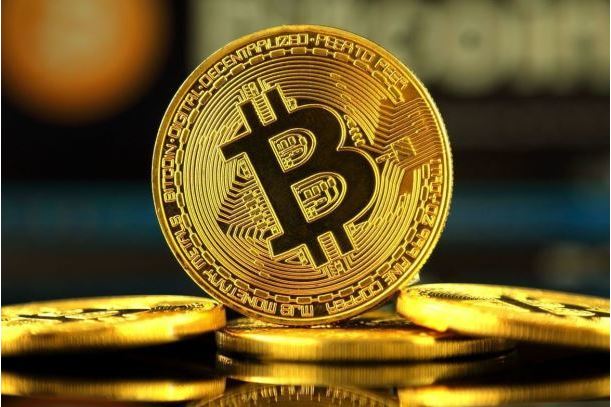Latest News
Bitcoin transaction fees grow 20-fold as asset value accelerates

News Highlight
Bitcoin's price reached an all-time-high of $47,000 on Wednesday with market capitalisation exceeding $860 billion.
Bitcoin's (BTC) price has soared by more than 800 per cent since March 2020 as the cryptocurrency witnesses another boom. Its price jumped from $5,000 per unit last March to an all-time-high of $47,000 on Wednesday, with market capitalisation exceeding $860 billion.
The increase in activity on the BTC network has caused transaction fees to shoot up. According to a new research by Crypto Parrot, a cryptocurrency trading simulator, BTC fee per transaction rose from $0.6 in February 2020 to $12.46 as of February 8, 2021, representing a growth of 1,976.66 per cent (or 20-fold increase). The fees were calculated based on a 30-day average.
The report, sent to Financial Nigeria by Crypto Parrot, also shows that year-to-date (YTD), the transaction fees have grown by 81.1 per cent. The increase in the BTC transaction fees correlates with the recent surge in value of the cryptoasset.
"The surge in the asset's value resulted in most people buying Bitcoin in a bid not to miss out on the rally. When prices surge, more potential investors show interest in buying Bitcoin since the fear of missing out (FOMO) usually sets in,” Crypto Parrot said in a statement on Wednesday. “In this case, the Bitcoin blockchain often gets congested as miners compete to process the transactions leading to a skyrocketing of fees."
The report also provides data on the total hash rate of the BTC network on a 30-day average. Its findings reveal that the hash rate as of February 8, 2021 was 151.7 million trillion hashes per second (TH/s), compared to 109.7 million TH/s one year ago. This represents a growth of 38.28 per cent over the last 12 months.
According to Crypto Parrot, the hash rate is defined as the processing power of the bitcoin network or the speed at which miners are able to perform proof-of-work calculations per second. A hash rate of 151.7 million TH/s means the network can make 151.7 quintillion calculations per second.
Typically, the higher the hash rate, the more miners are participating in the network. The hash rate is also a key security metric. The higher the hashing or computing power in the network, the greater its security and its overall resistance to attack, according to Blockchain.com.
Per data by Crypto Parrot, the hash rate has grown by 11.38 per cent year-to-date.
Nigeria is the world's second-largest bitcoin trader after the United States. Between 2015-2020, Nigeria traded bitcoins worth more than $566 million. Amid the growth of cryptocurrency trading in the country, the Central Bank of Nigeria (CBN) issued a circular last week reiterating a 2017 directive that the use of cryptocurrencies in Nigeria contravenes existing law.
The directive prohibits financial institutions from carrying out transactions in cryptocurrencies or facilitating payments for crypto exchanges. It also directs banks to close accounts of persons or entities involved in cryptocurrency transactions.
The ban on cryptocurrencies, according to the apex bank, is to safeguard the financial system against money laundering, terrorism financing, illicit fund flows and criminal activities. The CBN also cited the speculative bubble in the cryptocurrency market and the extreme volatility in price movements of the assets as reasons for the ban.
As of 11 a.m. Nigeria time on Thursday, BTC was trading at $45,447.50, having dropped by 3 per cent from yesterday's peak.
Related News
Latest Blogs
- The Museum of West African Art saga
- The complexity and complication of Nigeria’s insecurity
- Between bold is wise and wise is bold
- Prospects of port community system in Nigeria’s maritime sector
- Constitutionalism must anchor discipline in Nigerian Armed Forces
Most Popular News
- NDIC pledges support towards financial system stability
- Artificial intelligence can help to reduce youth unemployment in Africa – ...
- Africa needs €240 billion in factoring volumes for SME-led transformation
- ChatGPT is now the most-downloaded app – report
- CBN licences 82 bureaux de change under revised guidelines
- Green economy to surpass $7 trillion in annual value by 2030 – WEF






